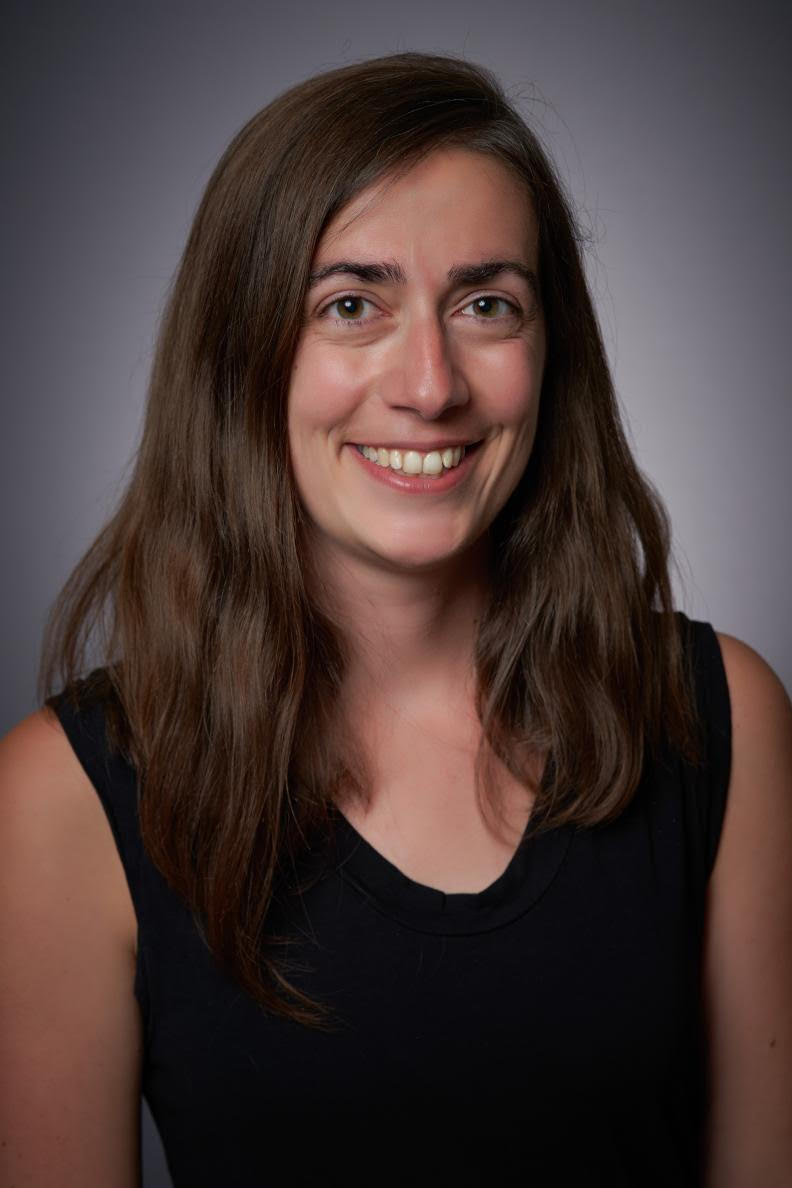
- This event has passed.
CBE Seminar: “Self-assembly Models for Crystal Growth and Phase Transitions” (Julia Dshemuchadse, Cornell University)
August 28, 2024 at 3:30 PM - 4:30 PM
Abstract:
How can we make new materials and better understand how their underlying structures form? The direct observation of crystal growth and transitions remains supremely challenging, but gaining insight into these fundamental processes is central to our quest of creating materials in a rational and targeted way, connecting structure to functionality. We build self-assembly models, study how they react to perturbations on the particle and system levels, and investigate their impact on crystal growth and transformation pathways. We use simple coarse-grained models to gain systematic insights into the phenomena that lead to the crystallization of complex crystal structures, partial disorder, or magic-size assemblies, allowing us to derive the essential principles that govern the formation of materials’ structures. Our goal is to use these insights to find ways to tailor crystallization pathways and to create new functional materials. Our work promises to establish new pathways to materials design through simulations, which explicitly incorporate and explore phase transformation kinetics.

Julia Dshemuchadse
Assistant Professor
Prof. Julia Dshemuchadse is an Assistant Professor at the Department of Materials Science and Engineering at Cornell University. She received her Diploma degree in Physics from TU Dresden, Germany, and her PhD in Materials Science from ETH Zurich, Switzerland, and then joined the University of Michigan, Ann Arbor as a postdoctoral fellow. Prof. Dshemuchadse’s group studies abstract model systems to reveal the fundamental principles of crystal structure formation and stability, by combining approaches from hard and soft condensed matter research. She co-authored a book entitled “Intermetallics – Structures, Properties, and Statistics”, published in 2016 by Oxford University Press. Prof. Dshemuchadse was awarded an NSF CAREER Award in 2021, as well as a Machine Learning in the Chemical Sciences and Engineering Award by the Camille and Henry Dreyfus Foundation and a Doctoral New Investigator Grant by the American Chemical Society’s Petroleum Research Fund in 2022.
